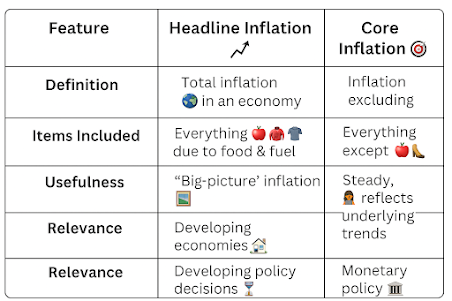The impeachment of the President of India
- Get link
- X
- Other Apps
The impeachment of the President of India is governed by Article 61 of the Constitution. It is a quasi-judicial process, meaning it involves both Parliamentary proceedings and legal scrutiny.
Impeachment Process
Grounds for Impeachment
The President can be impeached for "violation of the Constitution."
However, the term "violation of the Constitution" is not explicitly defined, making it subject to interpretation.
Procedure
A notice signed by at least one-fourth of the members of either House is required.
The motion must be passed by a two-thirds majority in both Houses of Parliament.
An investigation is conducted before the final vote.
If the motion is passed, the President is removed from office.
Exceptions & Limitations
No President has been impeached in India so far.
The Vice President does not automatically take over unless the impeachment is successful.
The President continues to exercise powers until the process is completed.
Unlike the U.S. impeachment process, which involves the judiciary, India's impeachment is purely parliamentary.
- Get link
- X
- Other Apps



Comments